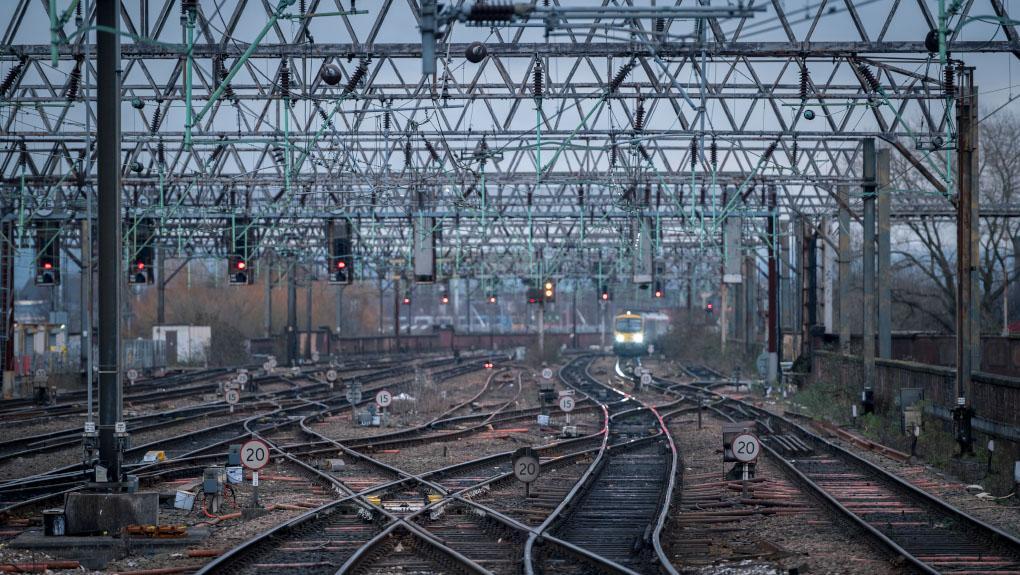Rail industry plans for dealing with stranded trains require greater focus on the safety, welfare and customer experience of the passengers involved, including those with disabilities and additional needs, say the Office of Rail and Road and Transport Focus.

The regulator and watchdog jointly commissioned a report examining four stranded trains incidents in December 2023. Following a thorough review of the policies and procedures in place and interviewing passengers directly involved, ORR and Transport Focus concluded that:
- There is good industry research regarding passenger behaviour in stranded train incidents and useful guidance has been developed to support the effective management of incidents. However, this has not always been incorporated fully into procedures or followed in practice. Passengers commented that they felt that “there were procedures in place, but no one really knew what they were.”
- Recovery plans need to be created and implemented more quickly when stranding incidents happen, particularly where there is no power to a train. Once a train’s batteries are exhausted passengers could be without lighting, air conditioning, heating or working toilets, leading to exasperation or even panic. One passenger noted that “it was actually really hot and (…) because the power went off, obviously there was no sort of air flowing through the train at all.”
- A key theme for improvement identified by interviewed passengers was the need for greater support for their onward journey after they have been evacuated from the train but remain far from their destination. One passenger commented that “I was literally left in a place in London I don’t know, on my own as a woman, and my battery was almost dead. (…) I was panicking about how I was going to get home.”
- Staff were often praised for ‘carrying the day’ and being ‘really, really helpful’ but the report highlighted more staff training was needed to ensure sufficient emphasis on the safety, welfare and experience of passengers while on board and once off a stranded train. Additionally, the report notes that existing guidance recommends a senior manager should be appointed as Stranded Train Champion.
ORR and Transport Focus will bring together the rail operators and Network Rail later in 2024 to follow up on implementation of recommendations to drive forward improvements and ensure these are consistently applied.
The regulator has already raised concerns over the health, safety and welfare of passengers on stranded trains and has asked rail companies for assurance that simulation exercises form part of emergency planning arrangements for such incidents.
“Being stranded on a train for a lengthy period of time is thankfully rare, but when it does happen, rail operators and Network Rail need to work together quickly to assess the situation from a passenger perspective and create a workable plan to safely manage the situation. This plan must assess the conditions on the train, the specific welfare needs of all passengers onboard and the previous experience of public behaviour during such incidents.
In talking to passengers, it is clear that staff did the best they could in very difficult circumstances. Rail operators and Network Rail need to improve training and preparedness to implement established procedures so that they can mobilise more quickly to give passengers effective assistance on the train, and should evacuation be required, in supporting them to complete their journey,” says Stephanie Tobyn, Director of Strategy, Policy and Reform at ORR.
“Passengers can reasonably expect that the rail industry responds faster and more effectively to stranded trains situations. The railway’s responsibility to passengers doesn’t end when they eventually get off a stranded train. The industry must up its game to ensure passengers are properly looked after even once they are rescued, including onward travel and where needed hotels.
We look forward to working constructively with the industry in the months ahead to help it implement change in the areas identified for improvement,” adds Natasha Grice, Director at Transport Focus.
Seventeen train operators are engaged in the project. 14 of those agreed to facilitate introductions to passengers likely to have been on stranded trains; 11 operators provided their stranded train protocols/manual; four case studies were undertaken from those meeting the criteria set; 28 passengers were interviewed in depth, including eight with additional needs.
The four case studies related to the following incidents:
- 7 December – Ladbroke Grove, London, Great Western Main Line
- 7 December – Beattock Summit, South Lanarkshire, West Coast Main Line
- 9 December – Corby Glen, Lincolnshire, East Coast Main Line
- 21 December – Bourne End Junction near Hemel Hempstead, Hertfordshire, West Coast Main Line.
Share on:



